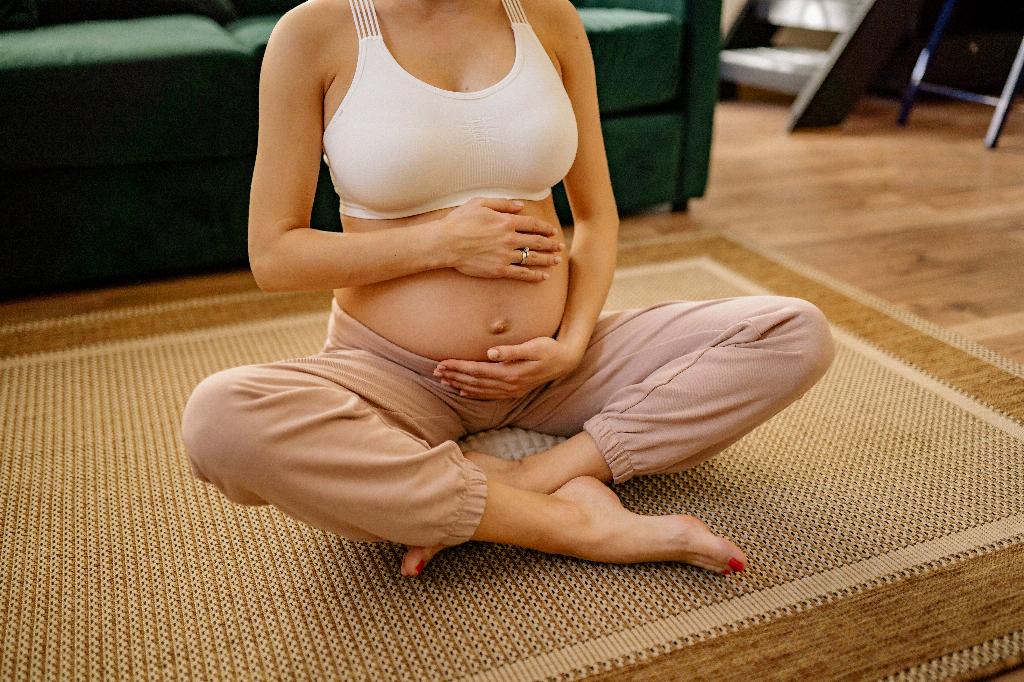When it comes to family planning, one of the most common questions that women face is, “What is the healthiest age to get pregnant?” The answer to this question is not one-size-fits-all, as several factors come into play. However, there are certain age ranges that experts consider to be optimal for conceiving and carrying a healthy pregnancy. Let’s delve into the details to provide you with a comprehensive guide on the ideal age for pregnancy.
Peak Reproductive Years
It’s widely known that a woman’s peak reproductive years are typically between her late teens and late 20s. During this time, the female body is often in prime reproductive health, with the highest likelihood of conceiving naturally. Fertility rates are generally at their peak, and the chances of experiencing pregnancy-related complications are relatively low in this age range.
Age 30 and Beyond
As women enter their 30s, the natural decline in fertility begins to set in. By the age of 30, the ability to get pregnant starts to decrease, albeit gradually. This decline becomes more pronounced as a woman moves into her mid-30s. While it is still possible to conceive in your 30s and even early 40s, the chances of experiencing fertility issues, miscarriages, or pregnancy complications tend to increase with age.
Optimal Age Range
Based on medical research and expert opinions, the optimal age range for pregnancy is generally considered to be between the late teens and early 30s. Women in this age group typically have the highest chances of conceiving quickly and maintaining a healthy pregnancy. The risks of chromosomal abnormalities in the offspring are also lower in this age range.
Factors to Consider
While age plays a significant role in determining the healthiest time to get pregnant, it’s essential to consider other factors as well. Your overall health, lifestyle choices, reproductive history, and genetic predispositions can all influence your fertility and pregnancy outcomes. Consulting with a healthcare provider can help you assess these factors and make informed decisions about the right time to start a family.
Impact of Lifestyle Choices
Factors such as smoking, excessive alcohol consumption, poor diet, and high stress levels can all affect your reproductive health and fertility. Maintaining a healthy lifestyle, including regular exercise, a balanced diet, and stress management techniques, can improve your chances of conceiving and having a successful pregnancy, regardless of your age.
Seeking Medical Advice
If you’re considering getting pregnant and have concerns about your fertility or reproductive health, it’s advisable to consult with a reproductive endocrinologist or obstetrician. These healthcare professionals can assess your individual circumstances, perform relevant tests, and provide personalized recommendations to help you achieve a healthy pregnancy.
Advanced Maternal Age
Women who choose to postpone pregnancy until their late 30s or early 40s may be categorized as having an “advanced maternal age.” While it is still possible to conceive during this time, the risks of complications such as gestational diabetes, high blood pressure, and chromosomal abnormalities increase. Close monitoring by healthcare providers is essential for women in this age group.
Assisted Reproductive Technologies
For women who face challenges conceiving naturally, assisted reproductive technologies such as in vitro fertilization (IVF) can offer options for starting a family. These techniques can be effective for women of various ages, including those in their late 30s and 40s. Consulting with a fertility specialist can help you explore these options and determine the best course of action.
Personal Decision-Making
Ultimately, the decision of when to start a family is a deeply personal one that should take into account your individual circumstances, goals, and preferences. While age is an important factor in fertility and pregnancy outcomes, it is not the sole determinant. By staying informed, seeking medical guidance, and listening to your body, you can make empowered choices about the healthiest age to get pregnant for you.

